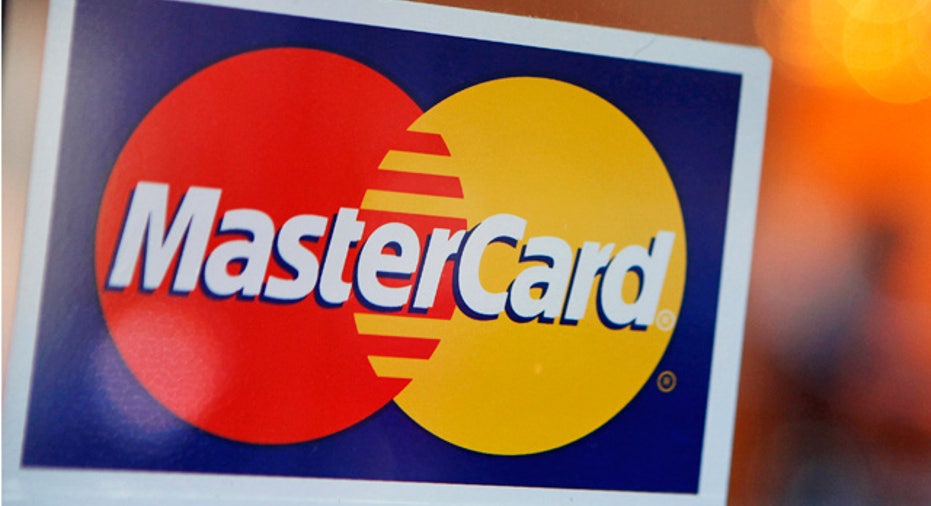Are Credit Protection Plans Worth the Cost?

Dear Opening Credits,
What are your thoughts on credit protection programs? Every time you open a new credit card or loan account these days, creditors want to offer credit protection plans. You pay a monthly fee based on the account balance. Then if you're laid off or injured and can't work, it would pay your minimum payments for a period of time. Should I sign up for these programs?
- Barb
Dear Barb,
Call me crazy, but when I pay for an item or service, I expect to receive something in exchange. Yet in all my years of talking to people about their credit card problems, I have never -- not once -- heard someone say, "Thank goodness for my credit protection plan! It was a lifesaver when I was down and well worth the money." That's pretty telling.
There are several types of plans available, but typically these insurance products are designed to protect your credit rating if something bad happens and you can't pay your bills. The event could be an accident or physical disability that prevents you from being able to go to work, or a sudden job loss. If these incidences impair your ability to make complete and timely payments, the coverage begins and pays the minimum requested payment for a specific period of time. Another variety is a form of life insurance: If you die with a debt, they'll pay the balance off -- up to a capped amount and under certain circumstances, of course.
These plans might sound prudent, but returning to what I said about never having met a distressed borrower who benefited from one, it's clear to me that there are simply too many exceptions that prevent the benefits from kicking in. The odds are in favor of you getting nothing out of the deal. I'm not totally against them, but read the details of the plan carefully before agreeing.
There's another issue at play here, and that's what you as a cardholder are betting on: that you'll be maintaining a significant debt when calamity strikes. While it would be silly to say that all credit customers should always keep balances at zero, it is absolutely realistic to expect cardholders to only charge what they can realistically afford to pay in full in a few months.
Therefore, rather than coughing up the monthly fee for an insurance premium, concentrate on keeping the revolving debt so low that you won't be under great stress if you do suffer a financial crisis. Never charge so much where you can't repay the entire amount quickly. If you keep your charging under control, you'll be able to manage the minimum payment even if cash was to become super tight. For example, if you owe $1,500, the minimum would only be about $40. With a bit of budgeting, you could probably pay that sum. Use the CreditCards.com minimum payment calculator to see what your own payment would be.
But what happens if you can't make any payment and want to keep your credit high? Well, you might be able do that yourself for free. Many creditors offer hardship plans that allow customers time to get back on their feet without damaging their credit scores. Even if your rating were to decline though, rebuilding it usually isn't too hard.
What I suggest you do, Barb, is take whatever money you would be sending for protection premiums and deposit it into a savings account instead. Accumulate enough to meet your necessary expenses for at least a few months. Then, instead of having to wonder if your plan really will come through when you need it, you'll know for sure that you're covered. That's really a very sane approach, isn't it?
More from CreditCards.com:



















